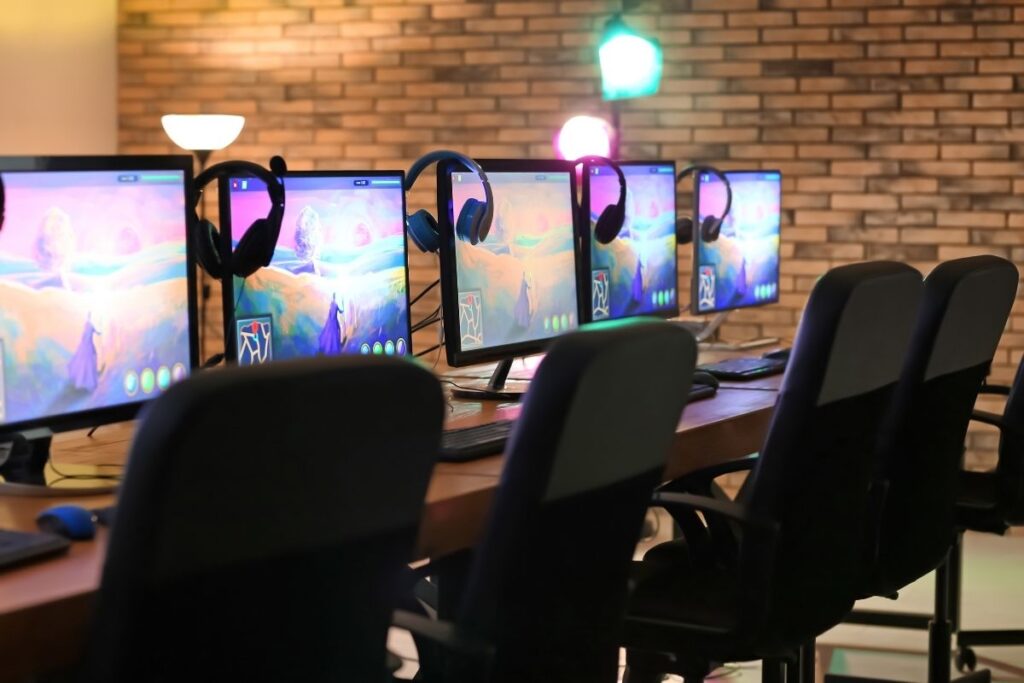Let’s take a closer look at medical gamification and how tools from the gaming industry can be used for gaming that is designed for our wellbeing and health.
“In medicine in general, I have not seen a lot of cases where gains have been fully integrated,” explains Maria Hwang. “It is more gamification, meaning there are game aspects that are added to whatever system they have, whether that’s an application or that’s a whole infrastructure and people go through certain steps to accomplish their goals.”
Maria goes on to explain, “It is a little bit unfortunate coming from a game designer perspective to see that it’s just using one element of games that are sometimes we like to say it’s tricking the patients.”
So you provide incentives. For example, for type 2 diabetics, we want them to log their meals. So every time you log something, you get a point for something. Every time you take a picture of your meal, you get a point. Every time you log your glucose measures, you get a badge.
Then you share that with your other friends, then you get a social media badge or not. Those are the superficial gamification aspects that we’re putting into these apps or infrastructures, says Maria. That will incentivize the patients to do something that they don’t want to do.
“From what I can tell, that’s the extent of how games are being used in medicine. We can go a little bit further and take advantage of all the affordances of games and make it more beautiful.”
Some efforts have been made in terms of mental health. There’s a lot of games that address mental health. It’s a full-blown game where people play it in and, some communities talk about the characters, the issues, the conflicts they resolved inside the game, and really from that, they’re healing and doing therapy. The goal is to keep relaxed. This is the neurofeedback headset that it comes with.
There’s one sensor right here at the front that is reading your brainwaves. The more relaxed you are, the bigger your midnight grows in the game. We have been trying to teach kids if you change the way they think, then the world out there looks different. It’s an incredibly powerful metaphor, says Maria. So, there are efforts in that area.
Maria explains that from a game designer perspective, the majority seen is only using superficial incentivized aspects of games, at least in medicine.
But it’s changing.




